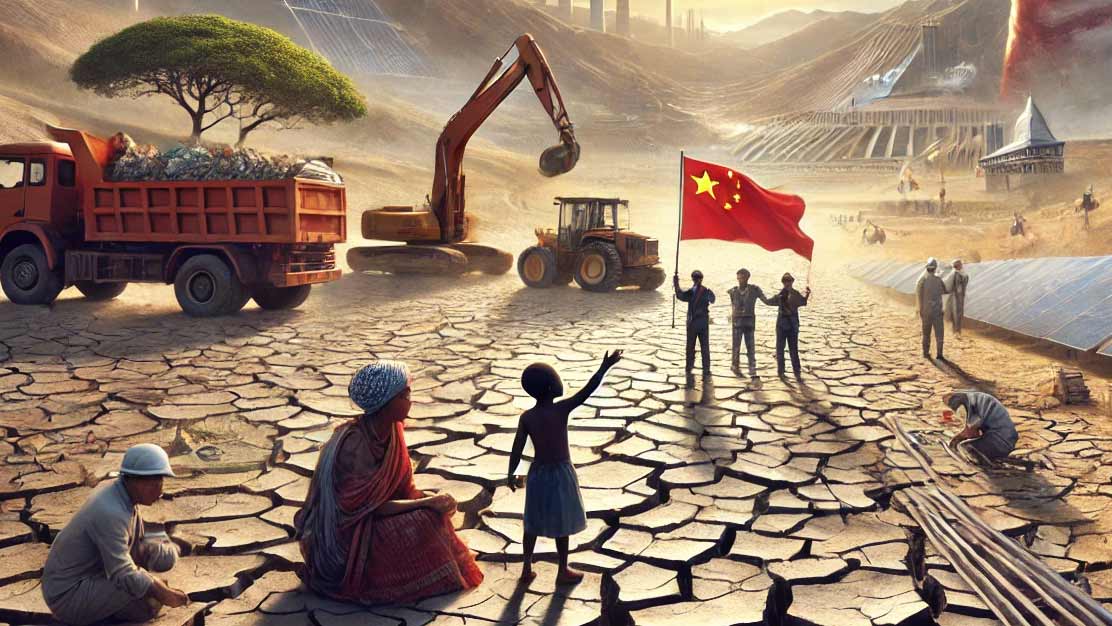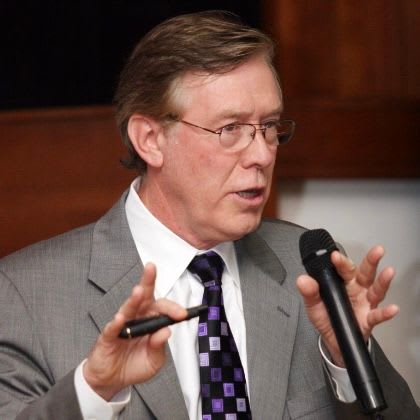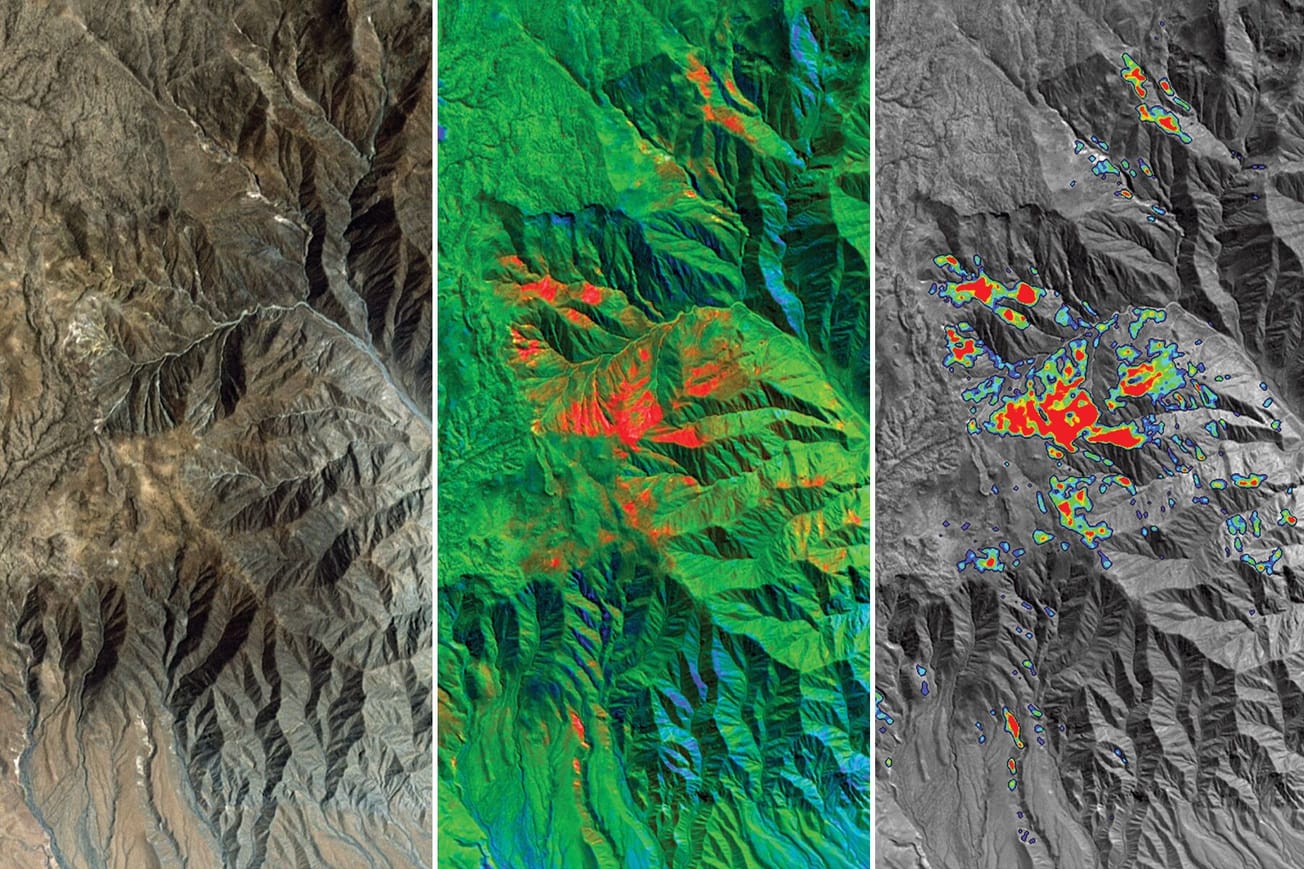The impact of President Trump’s dismantling of U.S. participation in the Paris Agreement by signing an executive order to withdraw from the historic climate accord sent shockwaves across the global stage, casting uncertainty over the future of international climate cooperation. Nowhere is the impact more profound than in the developing world, particularly in Africa, where nations already grappling with the harsh realities of climate change face an even more precarious path forward, uncertain of how they will secure the critical resources needed to combat a warming planet.
The stakes are particularly high for countries like Nigeria. With the U.S. withdrawal, a major pillar of the Paris Agreement’s financing structure has been knocked loose. The 90-day freeze on all U.S. climate-related financial commitments—estimated at over $11 billion in 2024—puts African nations at risk of losing vital funding for adaptation and mitigation projects.
Under the Paris Agreement, developed nations pledged $100 billion annually by 2020 to help vulnerable countries fight climate change. At the 29th annual United States Climate Change Conference (COP29) in Baku last year, that figure was revised to a “core” target of $300 billion by 2035, plus an additional $1.3 trillion largely sourced from private financing. These ambitious goals have now become highly uncertain without active U.S. engagement.
For Nigeria, the implications are severe. Despite contributing less than four percent of global emissions, Africa suffers disproportionately from the consequences of climate change. In Nigeria alone, severe flooding in 2022 killed 662 people, displaced over two million, and inflicted extensive damage to farmlands, roads, and bridges. The country’s ambitious climate pledges—aiming to reduce greenhouse gas emissions by 20 percent by 2030 and achieve net-zero by 2060—hinge on securing around $10 billion annually in international financing.
Yet Trump’s decision does more than dry up funding; it also erodes the collective spirit that undergirds the Paris Agreement. Having the U.S. on board was critical in encouraging other major emitters, such as India and—crucially—China, to adopt and enhance their own targets. With the U.S. departing again, there is a risk that other nations might retreat to less ambitious commitments, leaving vulnerable populations—like those in Nigeria and across Africa—further exposed to the ravages of climate disruption.
In the void left by the U.S. withdrawal, an opportunity emerges for other global powers—most notably China—to assert their leadership on the world stage. While successive U.S. administrations have sought to strengthen ties with Africa and other developing regions as a counterweight to China’s growing influence, Trump’s retreat from climate commitments has, paradoxically, flung open the doors for Beijing to deepen its engagement. Already a dominant force in African infrastructure through its Belt and Road Initiative, China has steadily expanded its investments in renewable energy across the continent. By channeling even greater resources into sustainable development—from solar power installations in Nigeria to geothermal projects in Kenya—China has the chance to position itself not only as Africa’s key economic partner but also as a global leader in the fight against climate change.
Such a move would resonate far beyond environmental policy, bolstering Beijing’s diplomatic ties with African and other developing nations. By offering climate finance and technical support, China can strengthen partnerships where the U.S. has pulled back. For African governments, this shift presents a chance to diversify alliances, decrease reliance on a single global partner, and potentially secure more flexible funding arrangements that accommodate local needs and aspirations.
Ultimately, the future of global climate action rests on collaboration. While the U.S. departure is a clear setback, African nations have shown resilience and the will to drive solutions from within—witness the African Adaptation Initiative and the African Renewable Energy Initiative. Working in tandem with China and other global players, Africa can maintain the momentum toward sustainability, even as it navigates a changing geopolitical landscape.
Trump’s exit from the Paris Agreement again underscores the fragility of global climate commitments. The message for all stakeholders is clear: the quest to protect our common planet must not, and cannot, hinge on a single nation’s politics.












